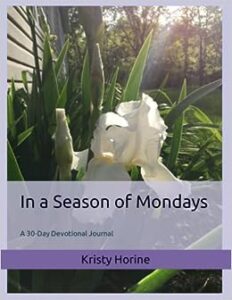Cruising for a Bruising
 If we drive a car too fast, we are cruising for a bruising. Possible results include:
If we drive a car too fast, we are cruising for a bruising. Possible results include:
- A speeding ticket
- A wreck
- Injury or death
Cruising for a bruising means headed for trouble.
Our behavior works against us.
- Parents, teachers, or others in authority punish us.
- People we insult or bully injure us.
- Natural or logical consequences cause temporary or permanent pain.
Cruising for a bruising hurts in several ways.
- Physical: Actual bruises or other injuries to our bodies
- Emotional: Conflicts or losses
- Spiritual: Lack of or a poor relationship with God
- Financial: Reduction or total loss of economic resources
- Mental: Decreased abilities
Many people shorten this expression to cruisin for a bruisin.
However we say it, the meaning remains the same. We suffer the costs of the trouble we pursue. If we don’t straighten up and fly right, we must face the music.
God forgives when we repent of our misbehavior.
We receive a new beginning, a fresh start. However, we must choose. Do we want to keep cruising for a bruising or turn to Jesus for healing and eternal life?
“Repent, then, and turn to God, so that your sins may be wiped out, that times of refreshing may come from the Lord” (Acts 3:19 NIV).
Thanks to Laura Leathers and the ladies in her Women on Mission group for the suggestion. Image by Rico Löb from Pixabay
Do you have an expression you want explained or a thought about this one? If so, please comment below.
Subscribe to receive my weekly posts by email and receive a free copy of “Words of Hope for Days that Hurt.”
If you enjoyed this post, please share it with your friends.













